The New Jersey Safe Routes to School Program: A Review of Three Years of Services, Training, Research, Outreach and Technical Assistance
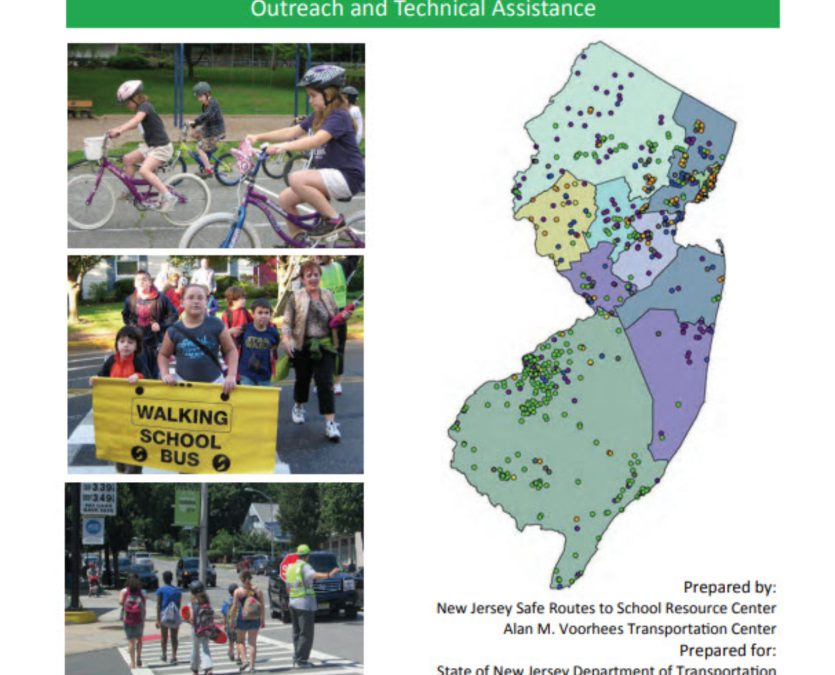

The New Jersey Safe Routes to School Program: A Review of Three Years of Services, Training, Research, Outreach and Technical Assistance
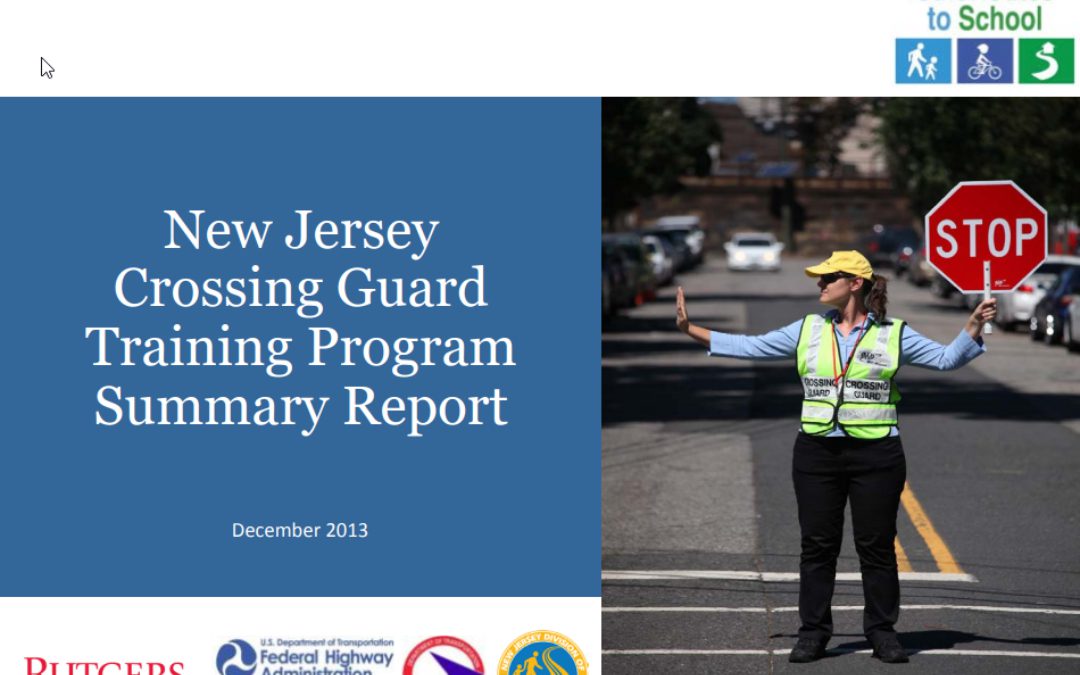
Research on crossing guard training in New Jersey and developing a uniform statewide Crossing Guard Training Program.
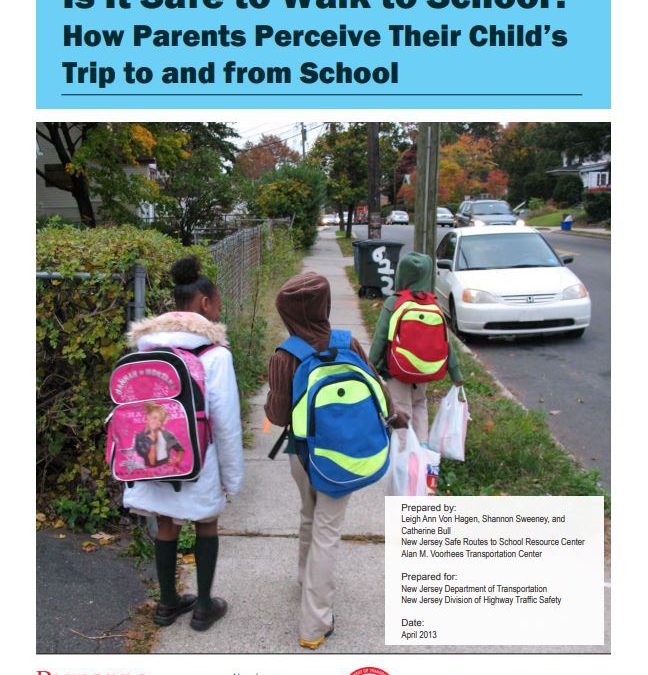
This research study reviews literature on risk perception and data from surveys that were distributed to parents throughout six public school in New Jersey.
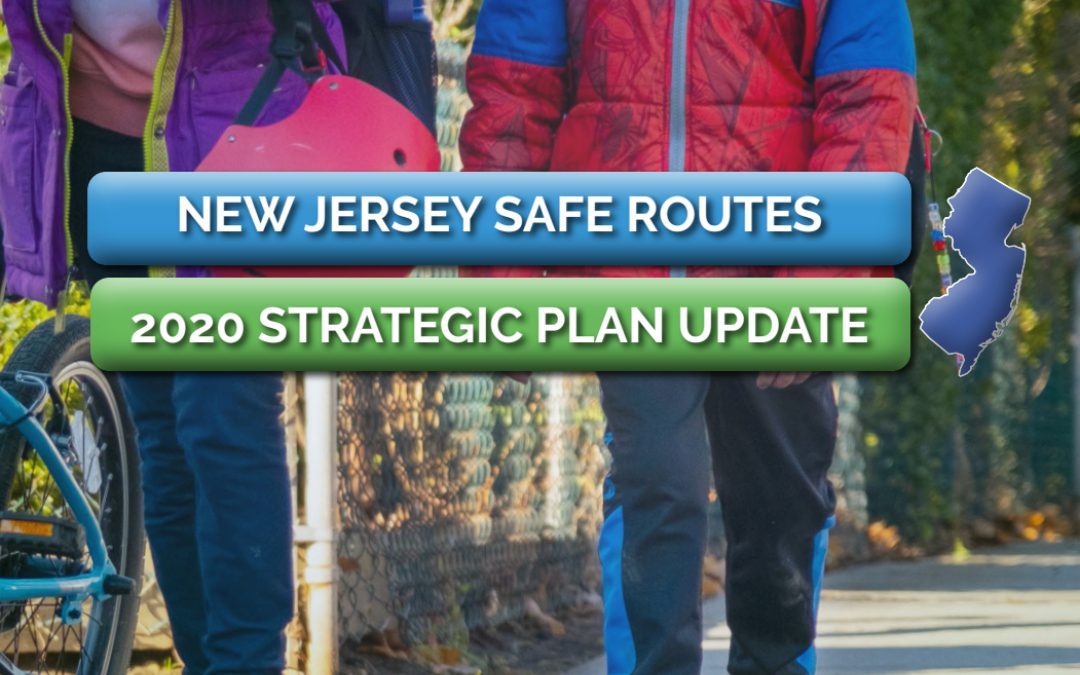
New Jersey launched a new strategic planning process in late 2011 to revisit and revise the SRTS Program’s mission, vision, goals, and objectives and, where necessary, align SRTS with the measures to gauge program performance.
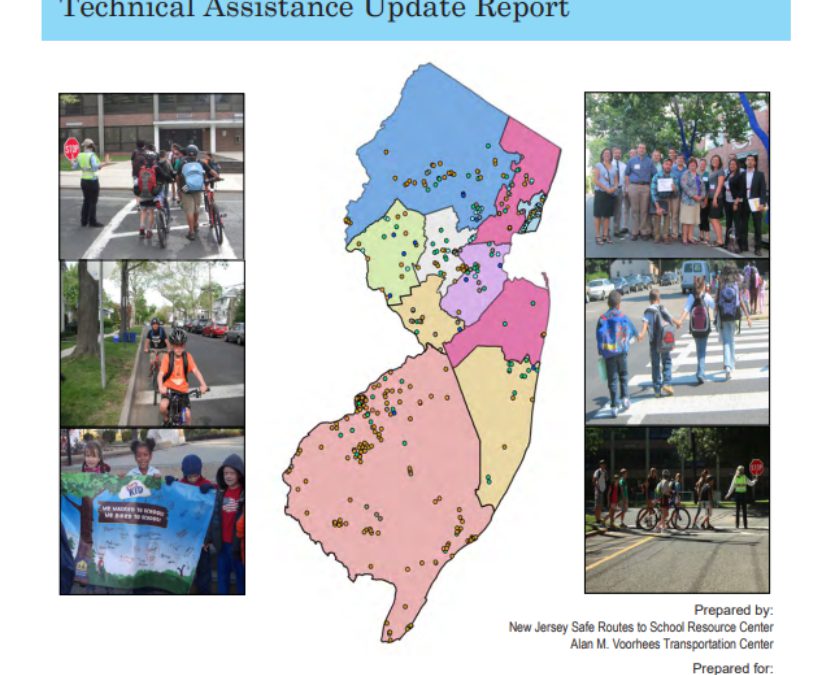
Review of the New Jersey Safe Routes to School Program: Services, Training, Coordination, Research and Technical Assistance Update Report
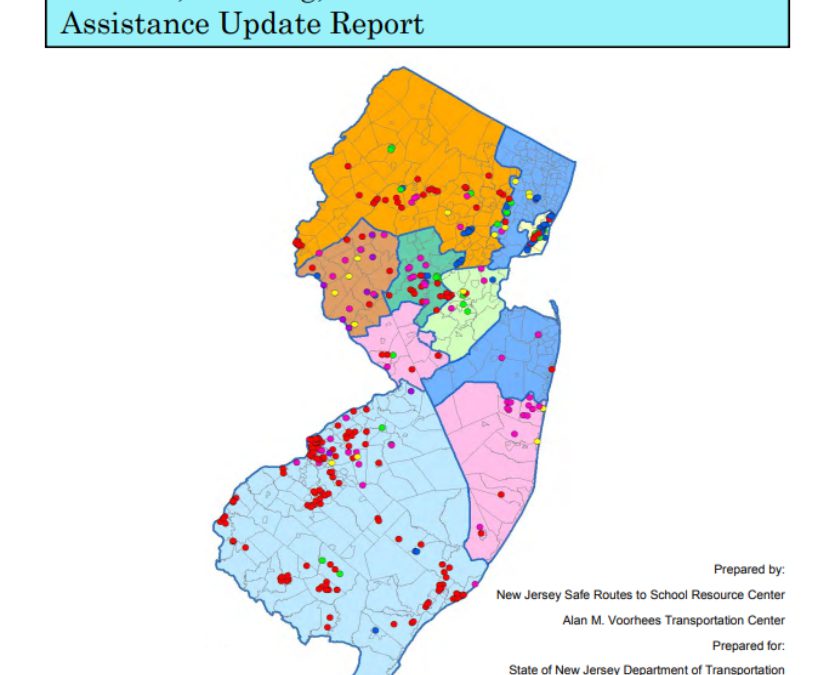
Broadening the New Jersey Safe Routes to School Program: Services, Training, Coordination and Technical Assistance Update Report.
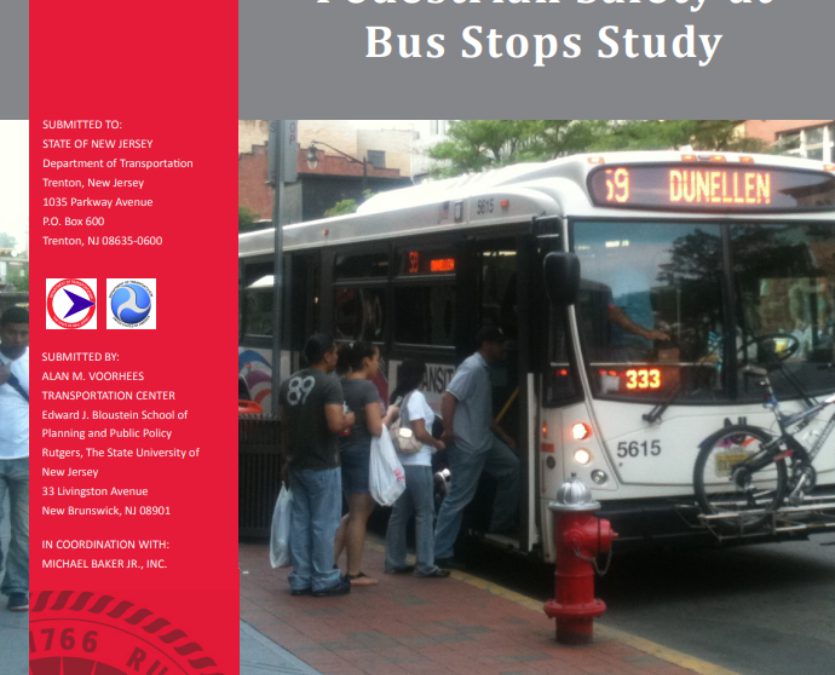
Report identified high pedestrian crash locations at or near bus stops in New Jersey.
Induced travel elasticities associated with new road capacity are typically estimated for roads of higher functional classifications, such as interstate freeways and principal arterials. These are estimated as “own” elasticities, that is an increase in lane kilometers...
There is a growing perception that e-scooters are more dangerous than bicycles and e-bikes, with towns implementing measures to ban their usage. Yet, there is not much evidence from large scale surveys to substantiate this claim. Nearly 14,000 micromobility injuries...
We compare charging station accessibility for different income groups in the San Francisco Bay Area. Using a microsimulation model, we estimate charging station accessibility under varying battery range scenarios, assuming different income groups have vehicles with...
The New Jersey Micromobility Guide serves as a resource for micromobility users across the state, collecting and summarizing the laws and safety best practices that can make riders safer. Micromobility, which includes e-bikes, e-scooters, and other low-speed devices,...